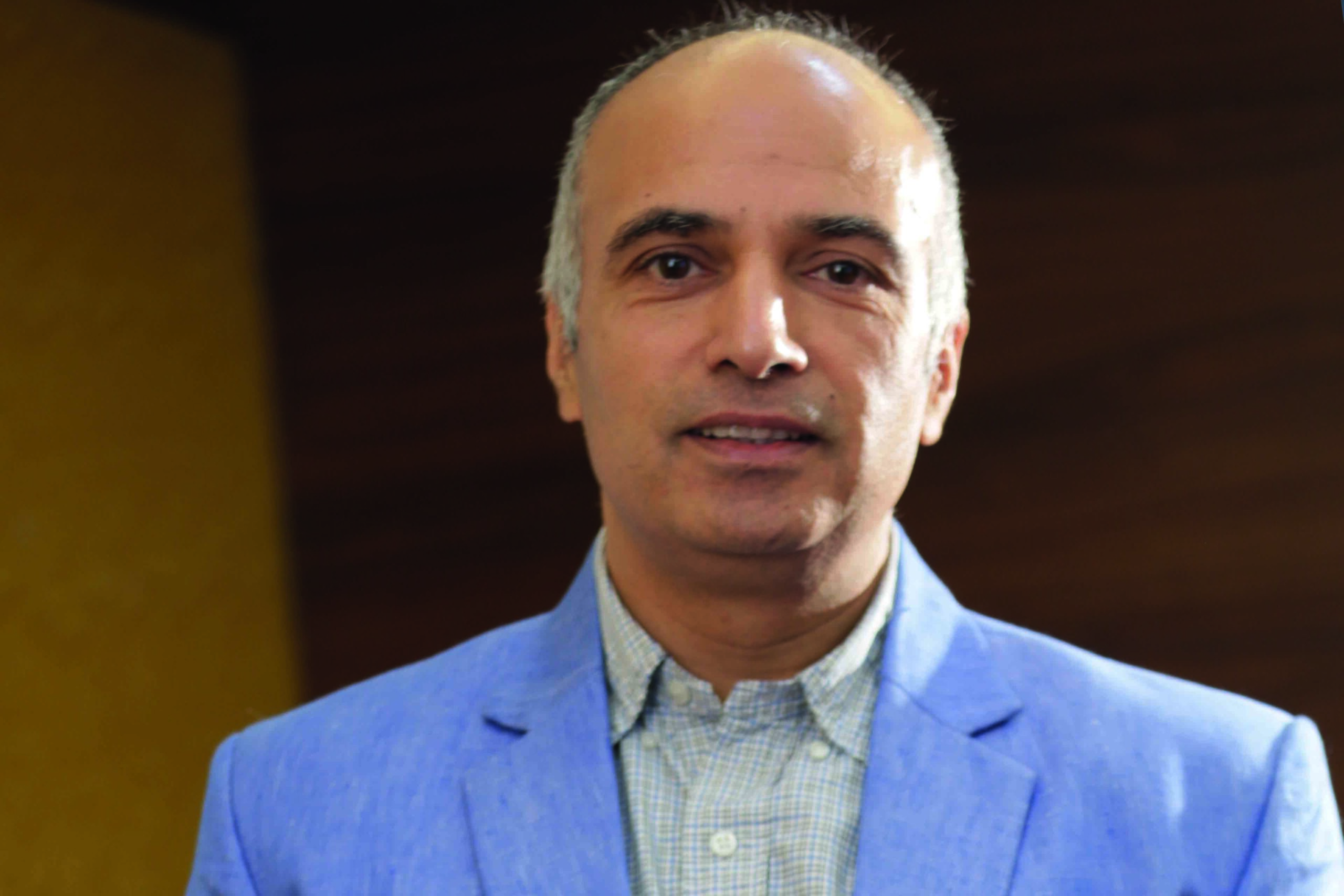BUSINESS
Yashish Dahiya: Navigating the IPO Storm with PolicyBazaar

In the bustling world of entrepreneurship, few names stand out as distinctly as Yashish Dahiya‘s. The CEO and co-founder of PolicyBazaar, Yashish Dahiya, is more than just an entrepreneur; he’s an embodiment of resilience and vision. His journey through the tumultuous tides of IPOs offers invaluable insights into the ever-evolving landscape of business in India.
A Pensive IPO Moment:
In November 2021, PB Fintech, the parent company of PolicyBazaar and Paisabazaar, made headlines with its successful listing on the stock exchange. While many founders would have celebrated this milestone with boundless enthusiasm, Dahiya’s demeanor was notably different. He confessed, “I was not very excited on the day of listing.” Despite the stock debuting at a 17 percent premium, Dahiya was preoccupied with the substantial expenses incurred during the IPO process, which can reach up to 3 to 4 percent of the funds raised.
Yashish Dahiya is known for his candidness, a trait that sets him apart. He candidly admitted that the decision to go public was influenced by consensus rather than his personal desire. However, IPOs had been part of the plan since 2008, with every funding contract featuring a clause about going public. Dahiya remarked that the IPO was a necessary step, albeit one that he wasn’t entirely comfortable with. The IPO journey for PolicyBazaar was nothing short of a roller coaster ride. The stock debuted at a 17 percent premium and soared to an all-time high of ₹1,470. Dahiya found himself bewildered by the market’s exuberance, and he sought to understand the driving forces behind it. Meeting with investors and probing for insights, he tried to make sense of the market’s fervor.
However, eight months before the IPO, Dahiya had a conversation with his father about investing in the stock market. His father’s response was unequivocal: the prospect of losing money in the market was akin to a heart attack. Fast forward to November 2022, when the stock hit an all-time low of ₹356.2. Dahiya remained unfazed, emphasizing that the company had not needed to raise capital through the stock market, and therefore, the stock price wasn’t a primary concern.
Dahiya’s unwavering stance is that companies should prioritize growth over their share prices. He underlined that businesses should not try to manage their stock prices but rather focus on their core mission. Dahiya pointed out that markets often struggle to assess companies accurately in the short term, a realization he has come to terms with over the past year. Dahiya highlighted the complexity of PolicyBazaar’s business model, suggesting that its intricacies deterred potential rivals. He questioned why, in a country brimming with talent and capital, no serious competitors had emerged. He hinted that by March 2024, the company’s value proposition would become clearer to stakeholders.
Loss-Making Companies in the Indian Market:
Contrary to conventional wisdom, Dahiya challenged the notion that Indian markets do not appreciate loss-making companies. He cited PolicyBazaar’s valuation of ₹20,000 crore, despite being a loss-making entity. Dahiya explained that Indian investors often focus on current metrics, whereas their U.S. counterparts assess a company’s long-term potential. Profitability remains a shared goal for both, albeit on different timelines. recounted the early days of PolicyBazaar when he believed the company would go bust in 250 days. Over time, those days shifted, with more good days than bad. Dahiya concluded that entrepreneurs must navigate uncertainty with resilience and focus on their core mission.
Lessons from Yashish Dahiya:
Dahiya’s journey through PolicyBazaar’s IPO offers valuable lessons for both entrepreneurs and investors. His unwavering commitment to company growth over stock price fluctuations demonstrates the importance of maintaining a long-term perspective in the business world. Dahiya’s candid approach and ability to adapt to market dynamics make him a formidable force in India’s entrepreneurship landscape.
In conclusion, Yashish Dahiya’s experiences serve as a testament to the enduring spirit of entrepreneurship, where success is not solely defined by stock prices but by a company’s ability to navigate challenges and thrive in an ever-changing business environment.
